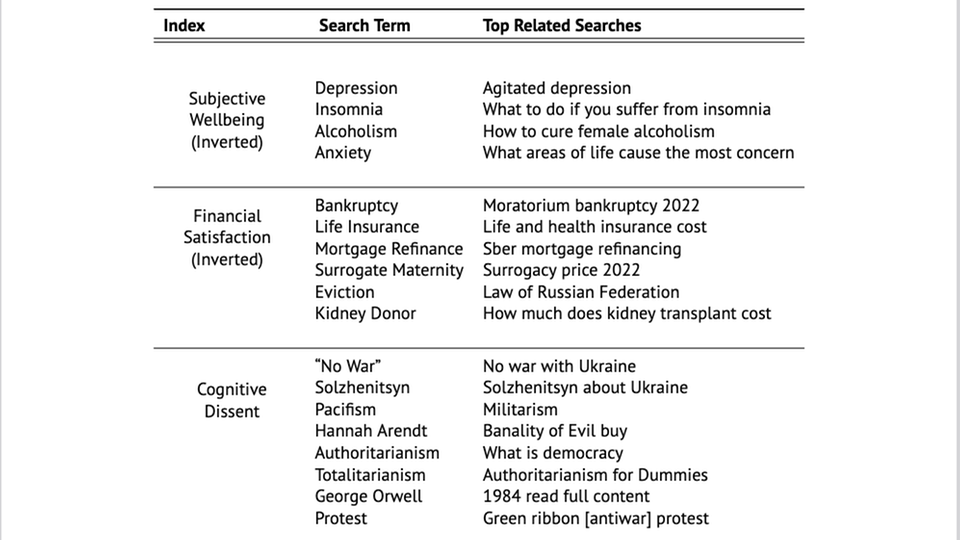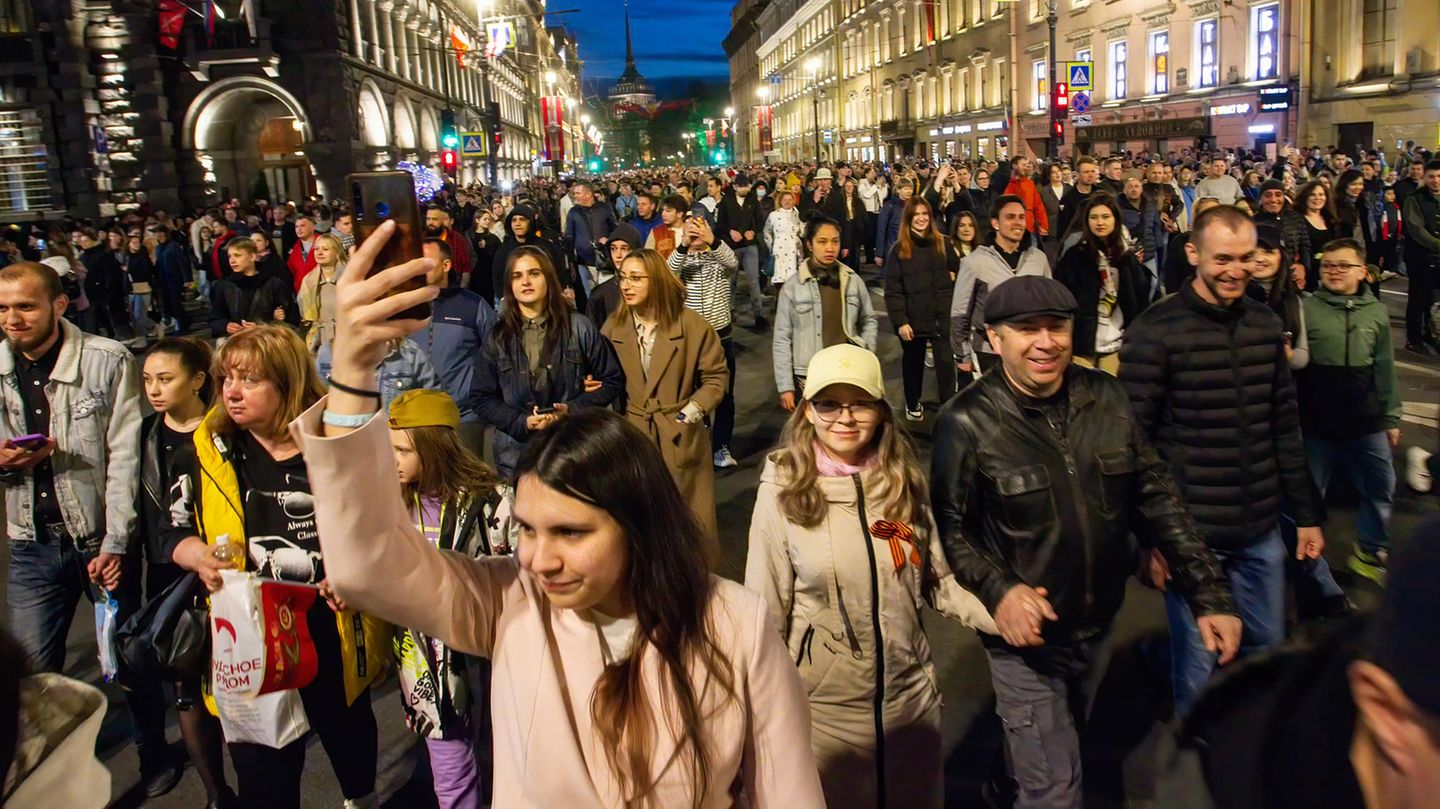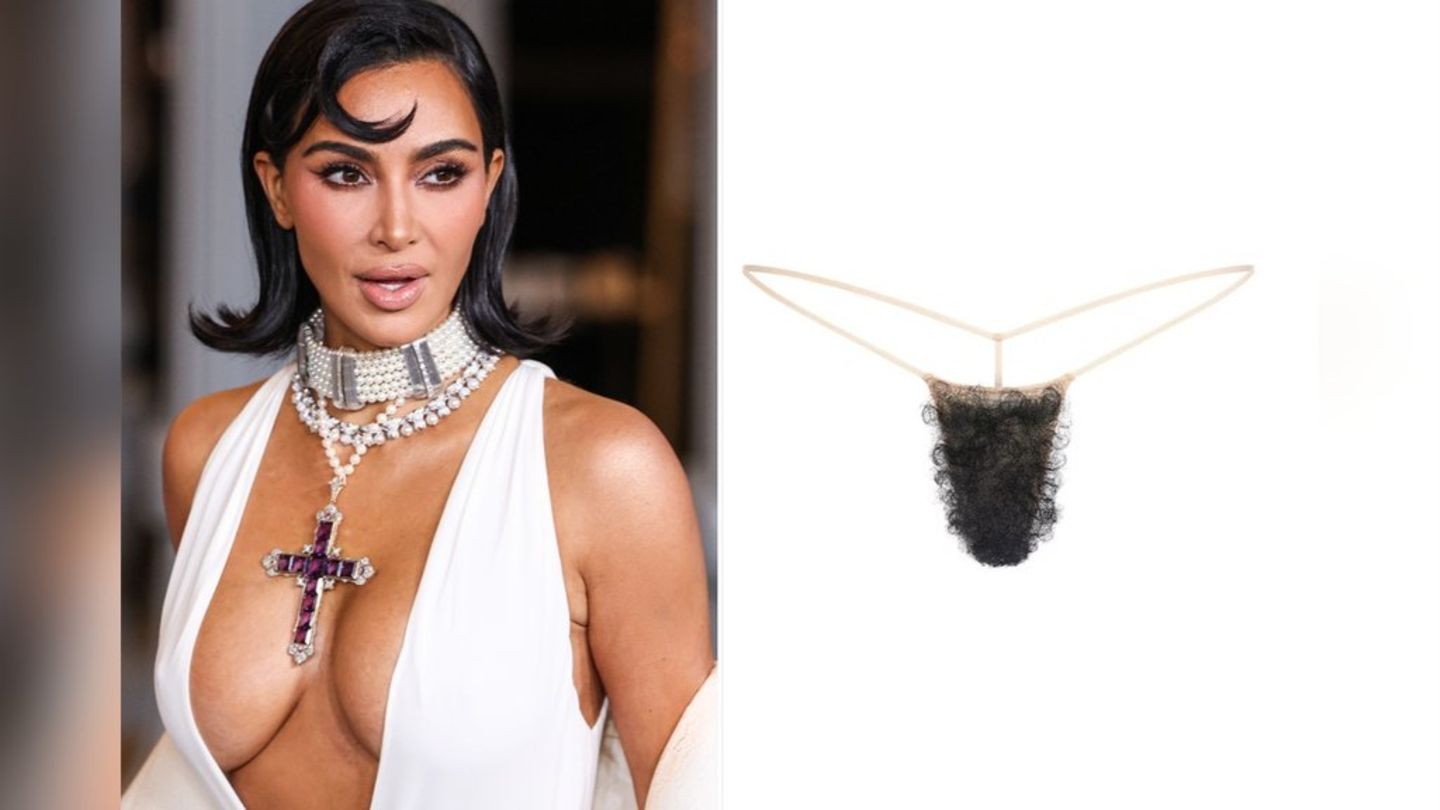In Russia everyone is united behind Vladimir Putin and the war of aggression against Ukraine – right? British researchers used search engines to create a picture of the political mood. One that contradicts Russian opinion polls.
What do Russian citizens think about the Kremlin and the war of aggression against Ukraine? If you trust the numbers from Russian opinion research institutes, then the support of the population is great. Scarce Vladimir Putin, support for political institutions and the war in Ukraine should be. Every month, the Russian opinion research institutes Vicom and Levada publish current figures on the political attitude of the population. But the statistics are disputed. At least since Moscow invaded Kiev, the question has arisen as to how reliable the data is at all. Because even if they are not manipulated, it remains unclear whether the respondents still dare to say what they think.
Ein has found a way to get a possibly more reliable mood picture. To do this, the scientists analyzed the online search behavior of Russian citizens. Using data on search trends from Google and the Dutch-Russian search engine Yandex from 2012 to 2023, the researchers show that the mood in the country up until the start of the war matched the data from the Russian polling institutes. But since then, the gap between opinion polls and actual sentiment has widened. According to polls, support for the Kremlin boss is said to have increased, and Russians’ life satisfaction has reached a new high. The fact that “the bare numbers (…) taken on their own” say little.
The British researchers consider online search data to be a “powerful tool for drawing conclusions about the beliefs and attitudes of the national population”. Among other things, the scientists were able to prove that enthusiasm for the war among the Russian population is limited. And that public morale and well-being are at their lowest levels in the last decade.
Russia between low mood and criticism of the system
In their study, the researchers tracked which terms were typed into the search engines particularly frequently. Questions like “How much does a kidney transplant cost?” therefore indicate the economic situation of the citizens. And it’s not as bad as Western economic sanctions are hoping for. The shock was limited to spring 2022, but companies, consumers and private households have now recovered from the financial shock.
The general well-being of Russians is different. Search terms such as “depression”, “insomnia” and “alcoholism” show that satisfaction has fallen continuously since the beginning of the war. Although the investigation recorded a slight upturn in sentiment during the first two weeks of the war, sentiment fell again with the War Censorship Act, which made the invasion a “special operation”. In April this year, public sentiment among Russians was at its lowest since the invasion and only marginally higher than the trough in 2021 during the worst of Russia’s coronavirus crisis, the study said.

With the mood in the country, political support for the Kremlin and war is also eroding. The Putin government is walking a fine line. The Kremlin boss can draw on a huge population for his troops, but at the same time he risks that public opinion will tip over. “Ordinary Russians are more likely to think critically of the regime and look online for opposition movements when the likelihood that they or their loved ones will be sent into battle increases”.
This becomes particularly clear in the example of the mass mobilization in September 2022: During this phase, the “tacit dissent” increased. Searches through Google and Yandex stand for this. In times of military setbacks, Russian citizens are increasingly concerned with anti-war movements. Anti-Putin expressions such as “Putler” (Putin and Hitler) or war and regime critics such as Boris Nemtsov, Alexei Navalny or George Orwell then appeared in the search engines.
“The findings show that authoritarian regimes, which depend on civic passivity and disengagement, reach their limits when it comes to mobilizing the population.” Military failure is a major risk factor for authoritarian regimes. At the same time, the Russians are afraid of becoming victims of the war themselves. The higher the risk, the more critical the attitude towards war and the regime. However, since Russia has been recruiting soldiers in prison and sending mercenaries to the front, the critical mood has subsided.
Political attitude depending on the course of the war
According to the study, online searches often represent inner thoughts and fears that people do not talk about. “Such data provide insights into public consciousness in repressive states, where the truth is obscured by a fog of fear and disinformation,” the researchers conclude. They assume that general well-being and attitudes towards the government are significantly influenced by the course of the war. Conversely, Putin can only rely to a limited extent on his citizens going to the front voluntarily.
Sources: , , , ,
Source: Stern
I have been working in the news industry for over 6 years, first as a reporter and now as an editor. I have covered politics extensively, and my work has appeared in major newspapers and online news outlets around the world. In addition to my writing, I also contribute regularly to 24 Hours World.




